
Junio 14 2025
Israel intensificó su ofensiva militar contra Irán el sábado, atacando objetivos en Teherán y otras zonas del país en una operación a gran escala destinada a desmantelar la infraestructura misilística y los sistemas de defensa aérea iraníes. Esto ocurrió tras una andanada iraní que mató a tres civiles cerca de Tel Aviv.
El portavoz militar israelí Effie Defrin confirmó que 70 aviones de combate llevaron a cabo incursiones sobre Teherán durante más de dos horas durante la noche, golpeando más de 40 objetivos. Entre ellos se encontraban lanzadores de misiles, instalaciones nucleares y centros de mando estratégicos. Drones israelíes operaron de forma ininterrumpida en el espacio aéreo iraní, demostrando el dominio aéreo de Israel. Defrin calificó la operación como el ataque más profundo hasta ahora, y aseguró que se logró la superioridad aérea sobre el oeste de Irán.
Entre las bajas de alto perfil iraní se encuentra el comandante de la Guardia Revolucionaria, Hossein Salami, junto con al menos otros cuatro generales, incluidos Gholamreza Mehrabi y Mehdi Rabani, ambos altos mandos del Estado Mayor iraní. El número total de muertos por los ataques israelíes ha llegado a 78, con más de 320 heridos. Además de personal militar, Israel afirma haber eliminado a nueve científicos clave del programa nuclear iraní y haber atacado instalaciones críticas, incluido el centro de enriquecimiento de Fordow, uno de los tres pilares del programa nuclear de Irán.
El primer ministro israelí Benjamin Netanyahu declaró que la campaña militar continuará “tantos días como sea necesario”, mientras que altos funcionarios indicaron que el plan prevé 14 días de operaciones. La ofensiva se preparó con antelación, incluyendo el contrabando de drones y armas guiadas al interior de Irán.
Irán respondió con unos 200 misiles balísticos y más de 200 drones dirigidos a Israel. La mayoría fueron interceptados, con apoyo de Estados Unidos. Aun así, la población israelí permanece en alerta, esperando nuevas escaladas y más noches en refugios.
El ministro de Defensa israelí Israel Katz advirtió que “Teherán arderá” si Irán continúa atacando. En respuesta, Irán se retiró de las conversaciones diplomáticas previstas con Estados Unidos.
El canciller iraní, Seyed Abbas Araghchi, descartó públicamente continuar con las negociaciones nucleares con Washington, previstas para el domingo en Omán. Atribuyó la ofensiva israelí al “apoyo directo” de Estados Unidos, considerando “injustificable” seguir con las conversaciones, especialmente tras las declaraciones del presidente Trump, quien calificó los ataques como “excelentes” y sugirió que “habrá más”.
Trump también declaró haber tenido conocimiento previo de la operación israelí, aunque sin participación directa, y urgió a Irán a negociar antes de “no tener nada”.
El Papa Leo XIV hizo un llamado a la “responsabilidad y la razón”, condenando las amenazas existenciales y abogando por soluciones pacíficas para preservar la estabilidad regional.
🇬🇧 Summary of the Conflict Between Israel and Iran (June 14, 2025)
Israel intensified its military offensive against Iran on Saturday, targeting sites in Tehran and across the country in a large-scale campaign to dismantle Iran’s missile infrastructure and air-defense systems. This came after Iran launched a deadly barrage that killed three civilians near Tel Aviv.
Israeli military spokesperson Effie Defrin confirmed that 70 fighter jets carried out air raids over Tehran for more than two hours overnight, hitting over 40 targets. These included missile launchers, nuclear facilities, and strategic command centers. Israeli drones operated continuously over Iranian airspace, demonstrating Israeli air dominance. Defrin described it as Israel’s deepest strike yet, stating that they had achieved air superiority over western Iran.
Among the high-profile Iranian casualties was Revolutionary Guard commander Hossein Salami, along with at least four other generals, including Gholamreza Mehrabi and Mehdi Rabani, both senior members of Iran’s General Staff. The overall death toll from Israeli strikes rose to 78, with more than 320 injured. In addition to military personnel, Israel claimed to have eliminated nine key scientists in Iran’s nuclear program and struck critical facilities, including the Fordow enrichment plant—one of Iran’s three nuclear pillars.
Israeli Prime Minister Benjamin Netanyahu stated the military campaign would continue “as many days as it takes,” with officials planning a 14-day operation. The offensive had been long in preparation, including the smuggling of drones and precision-guided weapons into Iran.
Iran retaliated with approximately 200 ballistic missiles and over 200 drones aimed at Israeli territory. Most were intercepted, aided by U.S. support. Nonetheless, the Israeli population remains on alert, bracing for further escalations and nights in shelters.
Israeli Defense Minister Israel Katz warned that “Tehran will burn” if Iran continues to attack. In response, Iran withdrew from scheduled diplomatic talks with the United States.
Iran’s Foreign Minister Seyed Abbas Araghchi publicly ruled out continuing nuclear negotiations with the U.S., which had been scheduled for Sunday in Oman. He attributed the Israeli offensive to “direct support from Washington,” calling further talks “unjustifiable,” especially after President Trump referred to the Israeli strikes as “excellent” and hinted that “more are to come.”
Trump also said he had prior knowledge of Israel’s operation but no direct involvement, urging Iran to negotiate before “there is nothing left.”
Pope Leo XIV appealed for “responsibility and reason,” condemning existential threats and calling for peaceful solutions to preserve regional stability.

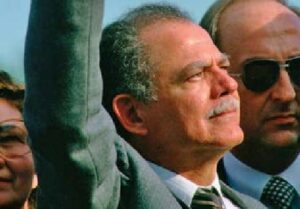

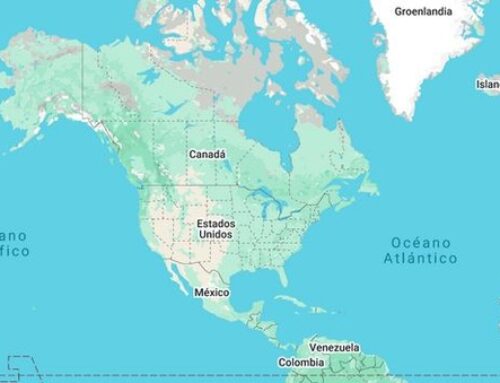
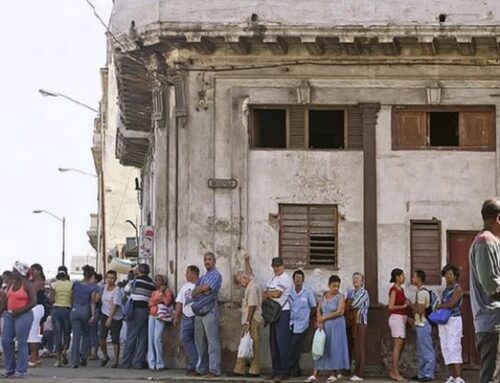
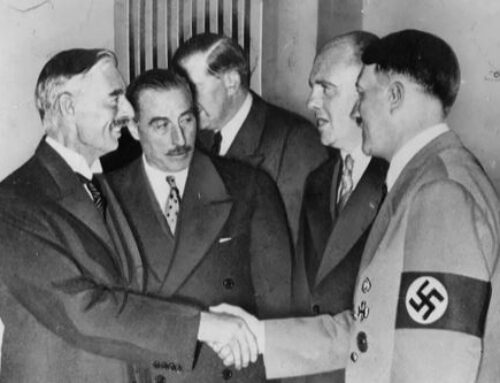
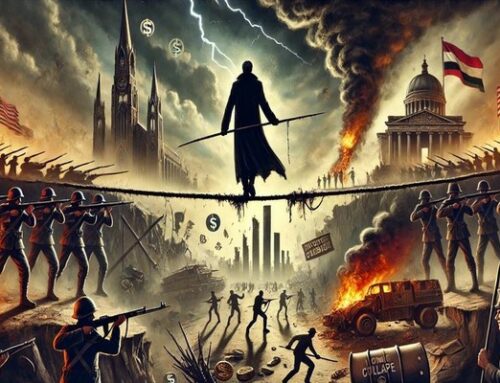
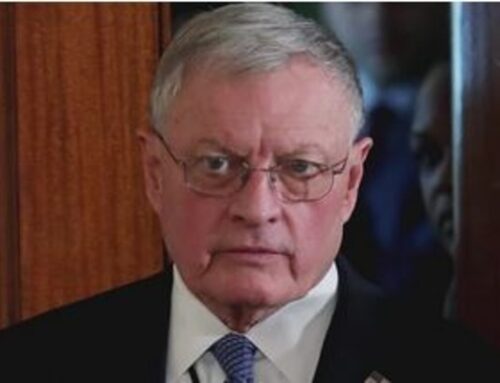
Deja tu comentario